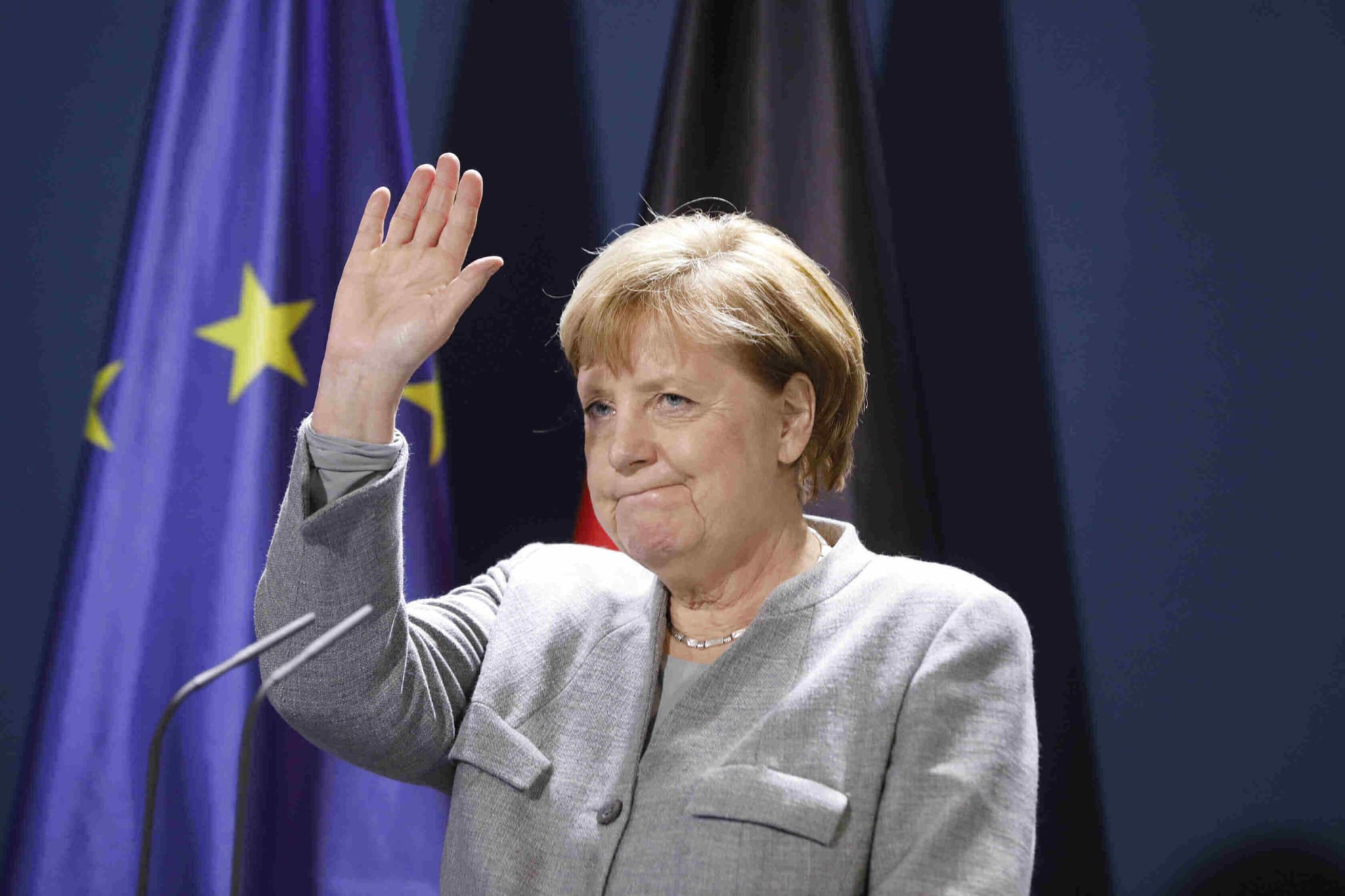Today, Europe certainly does not suffer from German weakness; on the contrary, it is a victim of German strength in the service of the belief in superiority over others. The difference from the past is that Germany now looks pro-European, neoliberal, and progressive, writes former Deputy Foreign Minister Petr Drulák.
Ten years ago, Polish Foreign Minister Radoslaw Sikorski said he was more troubled by German weakness than by German strength. As a representative of a nation that has repeatedly faced German expansion throughout history, he has gained pan-European attention. At the time, he wanted to break Germany’s passivity in security matters and direct it against Russia.
But Sikorski underestimated the real reasons for Germany’s security passivity, how widely German security works in Europe, and where Germany is headed ideologically. The past decade has reminded us of both things. Europe certainly does not suffer from German weakness; on the contrary, it is a victim of German strength in the service of the belief in its own superiority over others.
Unlike in the past, German supremacy is politically correct, pro-European, neoliberal, and progressive. It builds on economic performance confirmed by global exports and on the unconditional support of progressive “values” – green, rainbow, migrant.
But it looks with contempt at those who do not manage or reject what Germany does. Years ago, it was felt economically by Greece and Italy; it is felt today in Poland and Hungary due to different values.
The lack of security interests is not a manifestation of German weakness, but the result of a long-term constellation of interests. Germany leaves security to the Americans, whose priorities it seeks to promote globally. Nevertheless, it can also clash with the USA, as it does currently in the case of Russia and China.
Geopolitically speaking, the US are a natural gas supplier and a key export market for Germany. Berlin then tries to redeem itself from political quagmires, for example with money for Ukraine. The relationship suits both parties. While Americans complain that Europe and especially Germany should invest more in “security” (that is, increase purchases of American weapons), they are still better off than if an autonomous strategic actor emerged in Europe.
Berlin is the master of the European Power Game
Germany itself invests in its competitiveness, in combating climate change, in migration, and above all in European integration. Berlin is the master of the European Power Game. It makes its own rules and controls the institutions.
At the same time, it often remains hidden behind European institutions or smaller allies showing off. Take for example the Netherlands – such progressive values and neoliberal capitalism is indefensible. Years ago, Germany excluded the Greeks from Europe; today, the Hungarians. With such an ally as the US, Chancellor Angela Merkel can act as a prudent seeker of compromise, especially when she has the European Commission in her pocket.
The Juncker’s Commission was de facto run by Martin Selmayr, a third-generation member of the German military establishment, and now is headed by a former German politician whose only qualification is unconditional devotion to the chancellor. Under Juncker, Dutch Vice President Frans Timmermans has become the main face of pressure on Hungary and today is the guarantor of the green transformation.
German leadership is becoming less and less acceptable to Central Europe
Hang on a second, you say – in the end, isn’t it good for someone to run Europe? Sure, but German leadership is becoming less and less acceptable to Central Europe, both economically and in terms of values. Although we have benefited from involvement in the German export machine, the position of secondary suppliers does not give us the opportunity for further development, and German pressure for green transformation threatens even the little we have achieved.
We need a different economic policy to change this, but the German (and therefore the European) setting of rules and interests will not allow us to do so. Most Central Europeans are also concerned about the growing demands of progressive ideology, especially if they restrict freedom of expression, give in to aggressive activists, destroy industry and the countryside, and encourage new migration.
Today’s Germany will not do much about it. Although the pro-export model leads to an increase in economic inequality, and there is growing resistance to progressive policies, the ruling elite does not allow alternatives. The rich continue to grow rich, and export success, along with progressivism, replaces the lack of national pride.
The attempt at a pan-German identity after unification one hundred and fifty years ago degenerated into criminal chauvinism, which subsequently discredited any attempts at natural German patriotism. But Germany today defends its progressivism with the same superiority and resentment that once accompanied Pan-Germanism.
This was last shown at a football match of the European Championships in Munich when local organizers tried to give the Hungarians a moral lesson by lighting the stadium with rainbow colors. These were not just progressive activists. The rainbow was also supported by the Bavarian Catholic Conservatives, who were once the bastion of conservatism.
The European problem is not that Germany is too passive or weak. Through Bismarck’s unification, it outgrew European conditions but did not grow into world ones. Reunification after the Cold War was a mistake which can be fixed.
In an integrated Europe, the existing German federation could be further disintegrated into several autonomous states. The Germans could stop tormenting themselves and others by seeking their uniqueness, whether in crimes, economic performance, or social experiments. They could subscribe to the multitude of regional and historical identities in Europe -not to dominate, but to bring their enormous cultural and economic potential.
Title image: German Chancellor Angela Merkel waves after a virtual news conference with Austrian Chancellor Sebastian Kurz, French President Emmanuel Macron, Netherlands Prime Minister Mark Rutte, European Commission President Ursula von der Leyen, and European Council President Charles Michel, at the chancellery in Berlin, Germany, Tuesday, Nov. 10, 2020. The news conference followed a virtual meeting about terrorism in Europe. (AP Photo/Markus Schreiber, pool)





